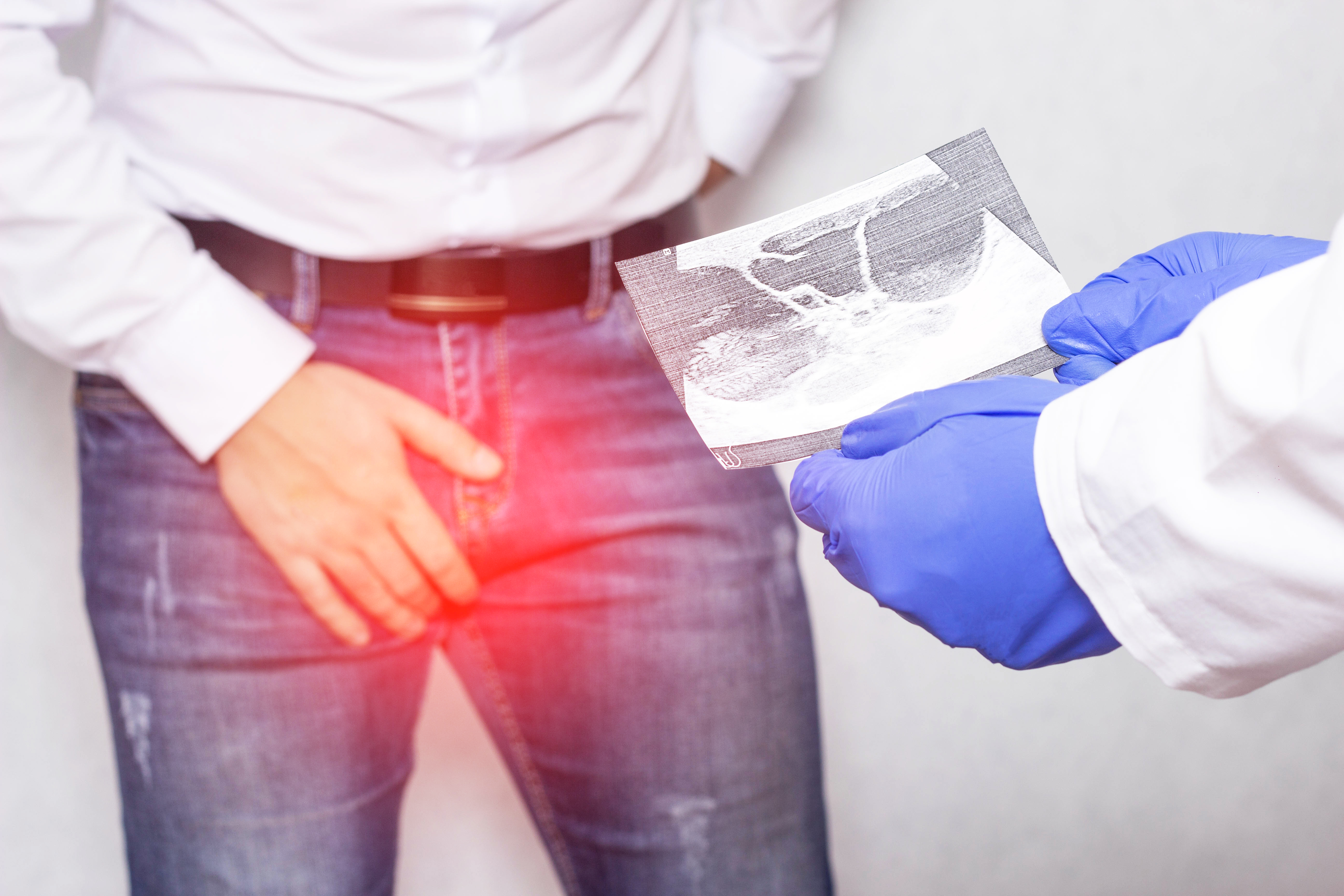DIAGNOSIS
The diagnosis of scrotal mass will depend on the factors that can cause it to happen. These include:
- A physical exam.Your doctor will observe your scrotum and the areas that surround it. This procedure can be done while you are lying or standing.
- Transillumination.To get information about the location and size of a scrotal mass, you will need bright light to illuminate the said area.
- This is one of the things that are needed to diagnose a scrotal mass. Ultrasound uses sound waves that provide a piece of clear information about the scrotal mass, size, the position, and the testicles.
- Urine test.This will determine whether you have an infection or the presence of blood in the urine.
- Blood test.The doctor will take a blood sample and examine it. The blood test can detect if there is a presence of testicular cancer. It can also help detect infection
- CTscan. This will scan your abdomen, chest, and groin to see if cancer has spread already and has affected the other tissues and organs.
TREATMENT
Radical inguinal orchiectomy. This treatment is essential in treating testicular cancer. If cancer has been spread to the lymph nodes are located in your abdomen, they may also be removed.
Chemotherapy. In this treatment, the doctor uses anti-cancer drugs that contain powerful substances that help eliminate cancer cells.


